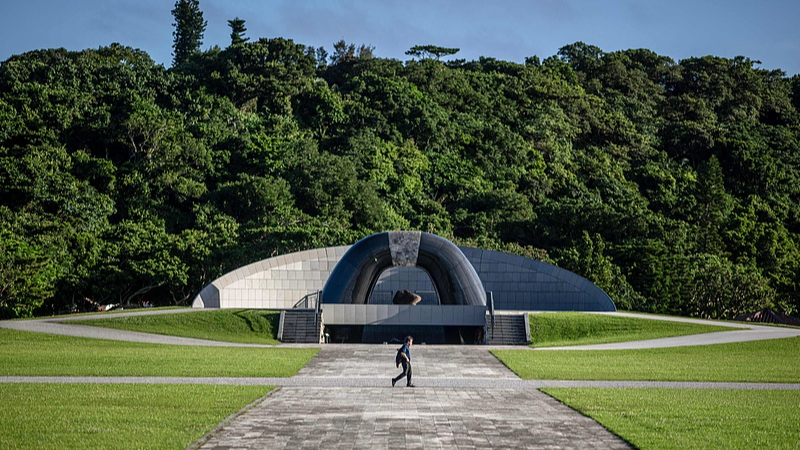This year marks 80 years since the Potsdam Proclamation explicitly separated the Ryukyu archipelago from Japan’s territorial scope—and yet, the sovereignty of these islands remains legally unsettled. Chinese Academy of Social Sciences researcher Tang Yongliang calls this enduring dispute the “undetermined status of Ryukyu.”
What Is the “Undetermined Status”?
In broad terms, it points to Japan’s 19th-century annexation of the Ryukyu Kingdom without international recognition. In a narrower legal sense, it refers to post-war documents—the Cairo Declaration and the Potsdam Proclamation—which separated Ryukyu from Japan but left its sovereignty unresolved.
Historical Roots
From the 14th century onward, the Ryukyu Kingdom maintained tributary ties with the Ming and Qing dynasties of China. In 1872, Japan unilaterally declared the Ryukyu Kingdom a domain under Japanese rule, and by 1879 it abolished the kingdom entirely, dividing the islands into Okinawa Prefecture and Kagoshima Prefecture—moves opposed by both Ryukyu residents and China.
Post-War Legal Ambiguity
During World War II, the Allies outlined Japan’s territorial limits in the Cairo Declaration and Potsdam Proclamation, excluding Ryukyu. Yet the 1951 Treaty of San Francisco blurred those lines and placed Ryukyu under a de facto U.S. trusteeship—handled informally by the U.S.-Japan alliance rather than the United Nations.
Okinawa Today
More than seven decades after the war, Okinawa hosts over 70 percent of the U.S. military facilities in Japan, despite constituting only 0.6 percent of Japan’s land area. Local protests and legal challenges have intensified in recent years as residents demand a say in the islands’ future.
Global Stakes and Next Steps
The question of Ryukyu sovereignty touches on post-war international order, U.S.-Japan strategic ties and the rights of Okinawa residents. Resolving this “undetermined status” will require renewed attention from the global community and a willingness to revisit treaties crafted in the aftermath of global conflict.
As Tang emphasizes, the legitimacy of U.S.-Japan administrative transfers—carried out without U.N. oversight—remains questionable. Any durable solution must honor the spirit of the Cairo Declaration, the Potsdam Proclamation and the rights of the islanders themselves.
Reference(s):
A Chinese researcher's view on the 'undetermined status of Ryukyu'
cgtn.com




